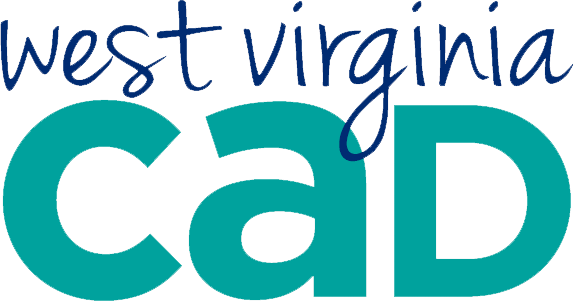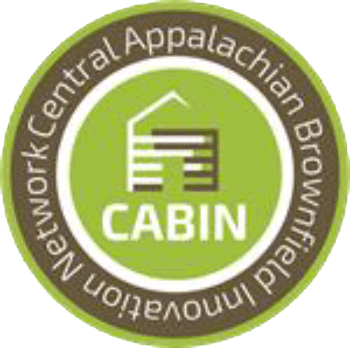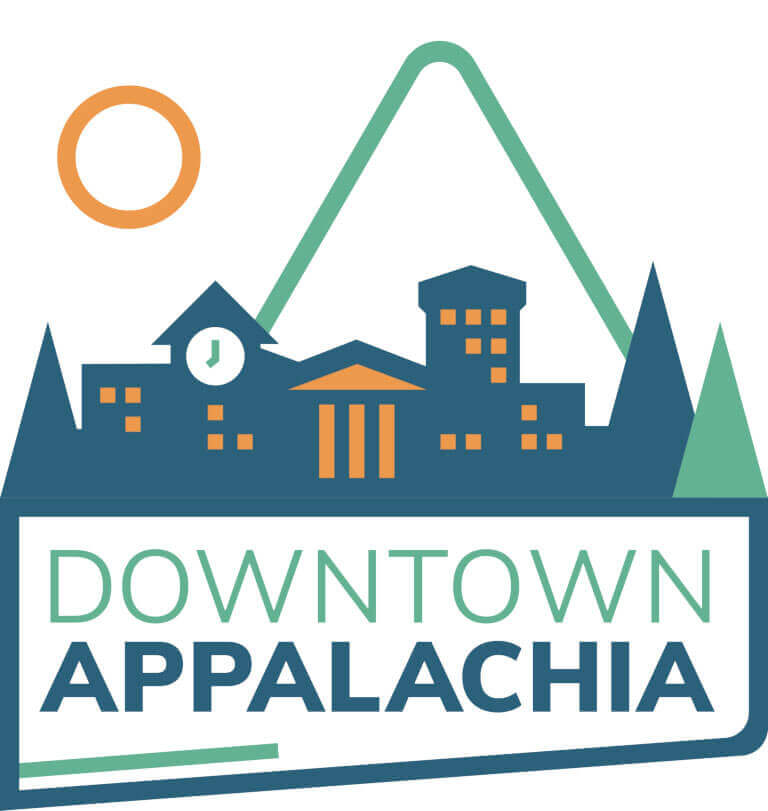Key Partners
U.S. Environmental Protection Agency - Region 3
Serving Delaware, D.C., Maryland, Pennsylvania, Virginia, West Virginia., and seven federally recognized tribes, Region 3 of the U.S. Environmental Protection Agency (EPA) is dedicated to protecting human health and the environment. To accomplish this mission, EPA develops and enforces regulations, gives grants, studies environmental issues, sponsors partnerships, provides education, and publishes information.
West Virginia Department of Environmental Protection - Office of Environmental Remediation
The mission of the West Virginia Department of Environmental Protection (WV DEP) is to protect the air, land, and water of West Virginia and to provide for the health and safety of citizens throughout the state. Through their Office of Environmental Remediation, they aim to provide for clean, safe, and productive West Virginia communities by assessing and remediating environmental resources and restoring contaminated properties to beneficial use.

West Virginia Department of Economic Development - West Virginia Community Advancement and Development
The West Virginia Community Advancement and Development (WV CAD) division of the West Virginia Department of Economic Development works to encourage strong civic engagement through infrastructure, sustainability, compliance, and resiliency. WV CAD administers state and federal programs designed to improve the quality of life in West Virginia. WV CAD has two downtown revitalization programs, Main Street West Virginia and West Virginia ON TRAC. These programs focus on economic vitality, meaningful community engagement, and other best practices to assist communities in getting started with revitalization.

Networks
CABIN
The goal of CABIN is to increase the capacity of Appalachian communities to address redevelopment issues on brownfields and formerly mined lands to provide better economic, social, and community development opportunities for their residents.
Central Appalachia has recently begun to reckon with the formidable environmental and economic impacts left behind by the mining, lumber, and manufacturing industries that once dominated our region. But many brownfield and redevelopment professionals believe that this is not cause for despair, but rather an exciting opportunity to overcome these impacts with innovative solutions for a brighter future. This is why the Northern WV Brownfields Assistance Center and representatives from the West Virginia, Virginia, Kentucky, and Tennessee departments of environmental protection came together in 2016 to form the Central Appalachian Brownfields Innovation Network (CABIN) and provide education on the benefits of the sustainable redevelopment of brownfields and formerly mined lands. Since its inception, CABIN has grown to include members from Ohio, Pennsylvania, New Jersey, and North Carolina as well.
In each of these states, the decline of coal and manufacturing industries has left behind industrial legacy sites that could provide opportunity for new investment and economic development; however, due to a lack of environmental understanding and resources, they remain eyesores and economic detractors for Appalachian communities. As local and state economic development leaders look to attract new and diversified economies in Appalachia, these brownfield sites provide the acreage and infrastructure to site a number of industries, including small manufacturing, back into the hearts of communities. CABIN was created to help facilitate this renaissance – the collaborative effort of dedicated local professionals to enable better coordination and experience-sharing with other concerned partners across the region.

Abandoned Properties Coalition
The Abandoned Properties Coalition (APC) is dedicated to pursuing the revitalization of abandoned and dilapidated properties across West Virginia through sustainable planning and policies that positively contribute to community well-being. Created to identify challenges and solutions for the growing issue of abandoned and dilapidated properties, the APC’s vision is to create equitable, sustainable communities of hope and wholeness with vibrant, productive spaces across the state.
The APC values the equitable engagement of community members in the identification of both challenges and solutions to the issue of abandoned properties. The stakeholders, partners, representatives from key organizations, and topic area experts that make up the APC are committed to working with communities to adequately address the issue of vacant, abandoned, and dilapidated properties across West Virginia.

Downtown Appalachia Working Group
The Downtown Appalachia Working Group is a collection of industry leaders seeking a strategic approach for effective downtown redevelopment across West Virginia. Downtown revitalization is a key strategy for achieving economic diversification in West Virginia. In places where downtown development is working, these communities are building the local economy, improving quality of life, and modeling sustainable success. This group seeks to identify, advocate, and implement strategies to support, amplify, and enhance organizational- and community-level activities in promotion of effective downtown redevelopment.

ACT Now Coalition
The ACT Now Coalition is a dedicated group of West Virginia cities, economic revitalization organizations, academic institutions, and private sector innovators dedicated to building a new economy for southern West Virginia. ACT Now will transform the struggling southern West Virginia region with economic investments and job creation in the solar industry, expansion of technology businesses, upgrades of buildings to be more energy efficient, redevelopment of industrial spaces and brownfields for 21st century manufacturing, and the transformation of abandoned minelands into new sustainable assets.

National Brownfields Coalition
The National Brownfields Coalition is a non-partisan alliance of public interest organizations, academics, as well as public and private sector professionals who develop and advocate for policies and practices that support the responsible cleanup and reuse of underutilized, blighted, or environmentally impacted land. Our mission is to educate, advocate, and convene stakeholders nationally to advance the social, economic, public health, environmental, and quality of life benefits of environmental cleanup and reuse for all communities.


